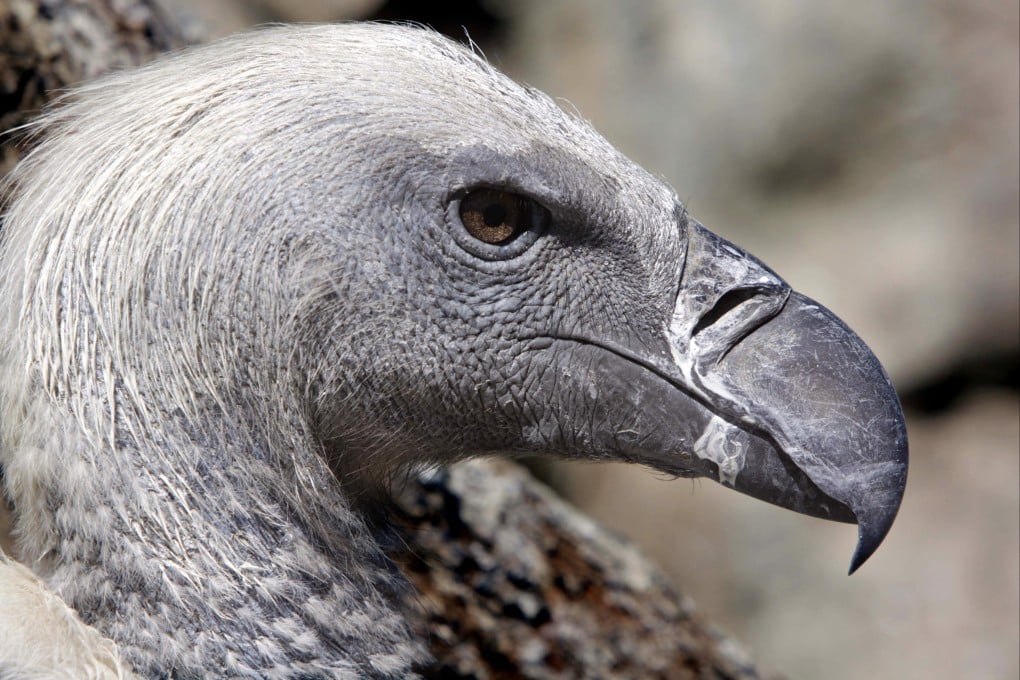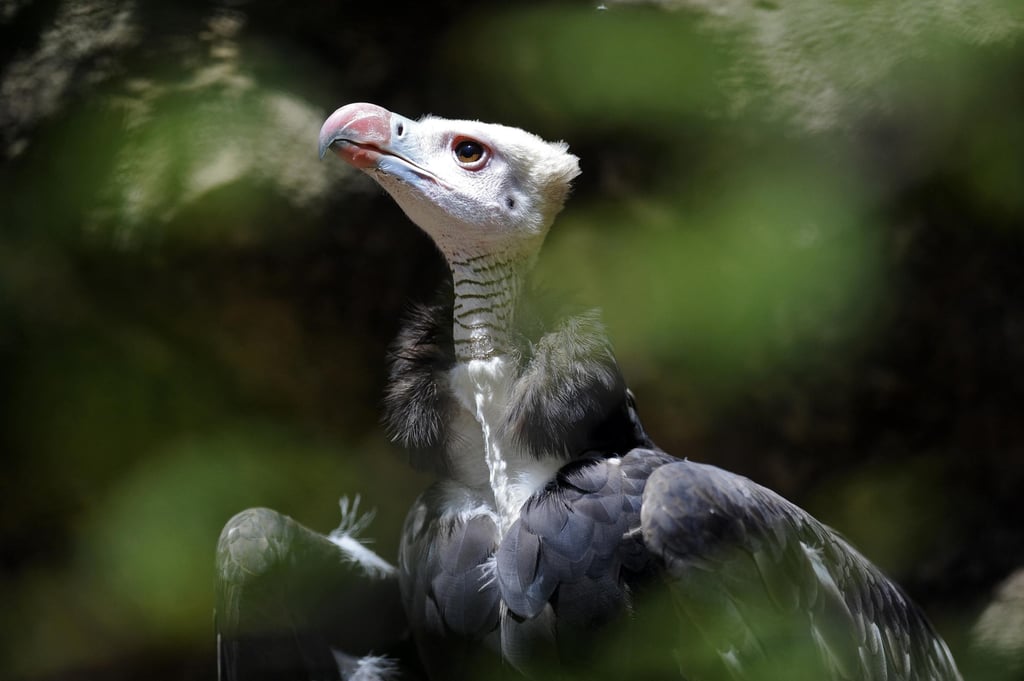Vultures are among the least loved animals. African conservationists are trying to change that
Vultures are nature’s ‘best sanitation services’, and are estimated to worth US$1.8 billion a year to certain ecosystems in southern Africa

Vultures have an image crisis. Seen as ugly and associated with death, they are among the least loved animals in the world. But conservationists in Africa are trying to change that.
They have launched an effort to save endangered vultures by trying to put a dollar figure on their incredible value.
A recent report by the BirdLife International conservation organisation has estimated that vultures are worth US$1.8 billion a year to certain ecosystems in southern Africa, which might surprise anyone not familiar with the clean-up, pest control and anti-poaching work performed by one of the most efficient scavengers on the planet.
“They are not up there on the pretty scale. And they are not popular. But we know they are very useful,” said Fadzai Matsvimbo, an extinction prevention coordinator at BirdLife International.

The report comes at an important time for Africa’s vultures; six of the 11 species found on the continent are listed as endangered or critically endangered by the International Union for Conservation of Nature, which says vultures are highly threatened in many parts of the world. In Africa, some species have declined by nearly 90 per cent, according to Matsvimbo.
Conservationists hope the report will make authorities and the public more aware of the positive impact of vultures.